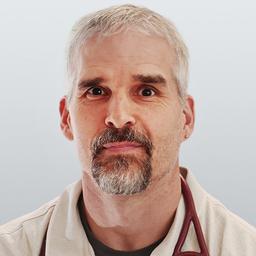Commentary
Unless you have been living in a cave, you will have heard that Jordan Peterson is currently the target of a modern-day witch hunt by his regulatory college. I pray for his success and I can truly sympathize, as I’m one of many health-care practitioners (HCPs) who has been the target of attacks by activists due to my political views, using my professional regulatory college as the weapon.


